On 7 August, UNEP-U4E participated in a meeting with the Energy Commission of Malaysia (EC), the Ministry of Energy Transition and Water Transformation (PETRA), and the ASHRAE Malaysia Chapter (ASHRAE) on the status of MEPS revision for Air Conditioners (ACs) in the country, as well as the current progress on the ASEAN Cool Initiative.
The ASEAN Cool Initiative is funded by the Clean Cooling Collaborative and, under the stewardship of UNEP-U4E, aims to accelerate the implementation of the ASEAN Regional Policy Roadmap for Energy Efficient Room Air Conditioners by providing technical assistance and capacity building on MEPS and labels in the region, with in-depth activities in Singapore and Malaysia. The initiative partners with the ASEAN Centre for Energy (ACE) to implement activities at the regional level. Other partners include the Lawrence Berkeley National Laboratory (LBNL) and the International Institute for Energy, Conservation (IIEC).
The ASEAN Regional Policy Roadmap for Energy Efficient Room Air Conditioners specifies two regional targets for energy efficiency regulations for air conditioners: Phase I of a CSPF (cooling seasonal performance factor) of 3.7 by 2023 and a more ambitious Phase II CSPF of 6.09 by 2025. The initiative aims to support countries in moving directly to the implementation of 6.09 to lower the impact of the increasing air conditioner demand in the region.
In this context, U4E held a mission in Malaysia to discuss their plans, exchange information on energy efficiency benefits, and determine the following activities. Given that air conditioners are significant consumers, particularly in tropical climates like Malaysia’s, improving their energy efficiency can substantially reduce national energy demand. By setting higher efficiency standards for air conditioners, the MEPS revision will contribute to achieving these targets by lowering energy consumption and reducing GHG emissions from power generation.
During the discussion, EC and ASHRAE shared progress on stakeholder consultation sessions, particularly with local manufacturers, regarding the MEPS revision. UNEP-U4E provided updates on the ASEAN Cool Initiative and proposed collaborations on awareness-raising activities.
EC and PETRA are also developing the National Energy Efficiency Action Plan 2.0 (NEEAP 2.0) for 2026–2035 to further the government’s efforts in meeting the targets of the National Energy Transition Plan. This plan strengthens Malaysia’s commitment to achieving net-zero greenhouse gas (GHG) emissions by as early as 2050.
A key element of this effort is the ongoing revision of the MEPS for ACs in Malaysia. The country aims to update these MEPS levels in the coming years, and discussions are ongoing regarding the timing of these updates.
Additionally, U4E plans to collaborate with EC to raise consumer awareness about the benefits of using high-efficiency air conditioner models. This will be achieved through information sessions to ensure widespread understanding and support for the new energy efficiency standards.
For more information on the ASEAN Cool Initiative and the work in Malaysia, contact Saikiran Kasamsetty at saikiran.kasamsetty@un.org and Zafe Fazilah Abu Bakar at zafe.fazilah@un.org



Leave a Reply